If you are the parent of a preteen, you are all too aware that they suddenly seem to value the opinions of their peers far more than yours. The good news, if there is any, is that you’re not alone. Young teenagers ages 12 to 14 are more influenced by their peers’ opinions than they are by adults’, a study finds. That’s true only for…
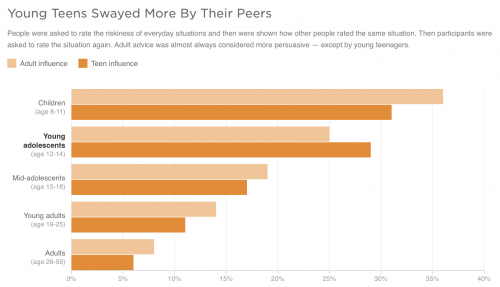
Tweeners Trust Peers More Than Adults When Judging Risks

Children Need Chores to Teach Mastery and Responsibility
TODAY’s demands for measurable childhood success — from a spelling bee to university placement — have chased household chores from the to-do lists of many young people. In a survey of 1001 US adults released last fall by Braun Research, 82 per cent reported having regular chores growing up, but only 28 per cent said that they require their own children to do them. With…

Walking at Lunchtime Buffers Against Workplace Stress
Taking a lunchtime walk provides employees with a much-needed afternoon mood boost. A team of researchers led by psychological scientist Cecilie Thøgersen-Ntoumani of Curtin University in Australia made use of a specially designed cell phone app to gauge the changes in people’s mood in the moment, in an attempt to get a more accurate picture of how exercise influences mood throughout the workday. Analysis of…
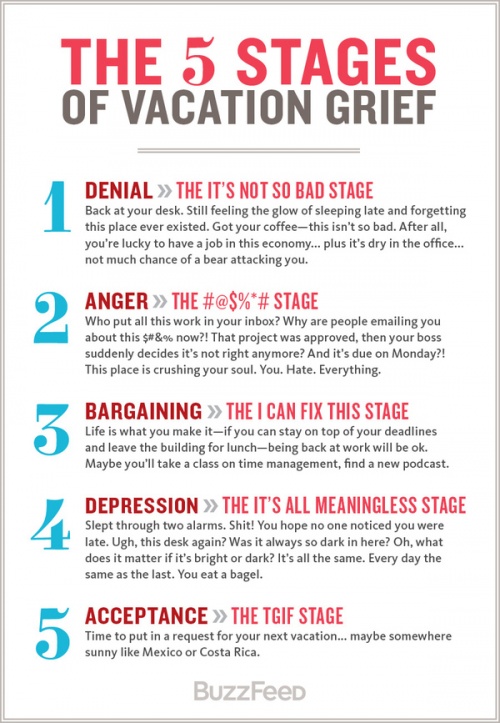
The 5 Stages of Vacation Grief
Source: Google image
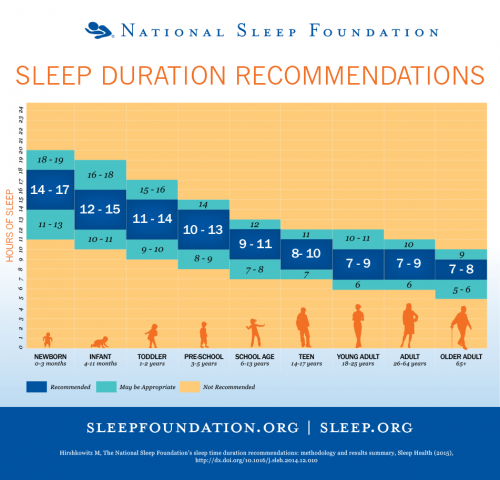
How Much Sleep Do We Really Need?
Sleep gives your body a rest and allows it to prepare for the next day. It’s like giving your body a mini-vacation. Sleep also gives your brain a chance to sort things out. Scientists aren’t exactly sure what kinds of organizing your brain does while you sleep, but they think that sleep might be the time when the brain sorts and stores information, replaces chemicals,…
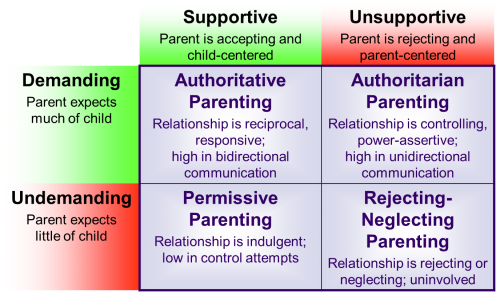
The Four Parenting Styles and their Effects
Source: Google image
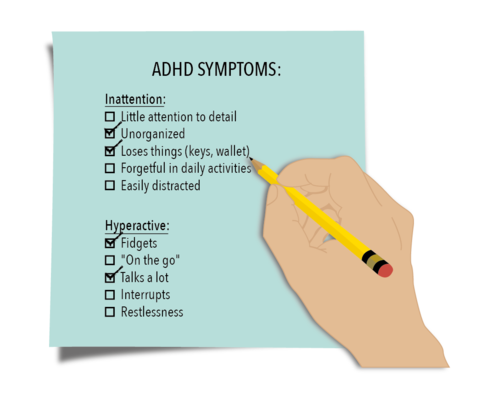
ADHD Not a Real Disease. Scientist claims everyone fits some of the criteria for ADHD
One of the world’s leading pediatric neuroscientists, Dr. Bruce D. Perry, M.D., Ph.D, recently stated publicly that Attention Deficit/Hyper-Activity Disorder (ADHD) is not ‘a real disease,’ and warned of the dangers of giving psycho-stimulant medications to children. Speaking to the Observer, Dr. Perry noted that the disorder known as ADHD should be considered a description of a wide range of symptoms that many children and adults exhibit, most of which are factors that everyone of us displays at some point…
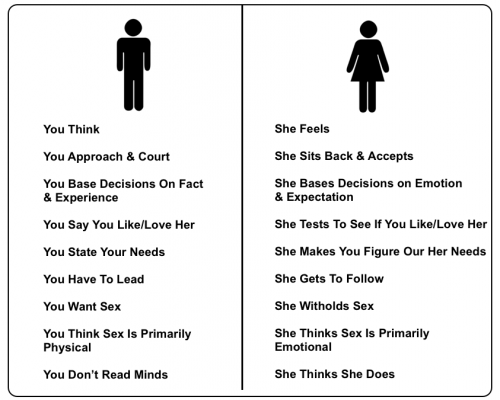
6 Ways Men and Women Are (Mostly) Different
The differences, as well as the similarities, between how men and women approach life, and the experiences that make up that life: How they work, how they parent, how they love could be found in six ways: 1. She wants it all. So does he. When we talk about how men and women define success, we often generalize: Women want balance, or to “have it all.”…

4 Powerful Ways to Use Body Language for Better Relationships
Body language has been said to impact a relationship more than words and tone of voice combined. Here’s how to use your gestures for good. Talk like you’re looking in a mirror. Studies have shown that people in power positions—those sitting higher than their partners, putting their feet up, or lacing their fingers behind their necks—have increased feelings of superiority, while people in lower-power poses,…

Women on the Verge of Exhaustion
A CDC study found that 16 percent of women age 18 to 44 reported feeling “very tired,” “exhausted,” or otherwise worn out most days, compared with 9 percent of men in the same age range. Is it because women are taking on more than their share? Or because they have difficulty saying no? The answer, probably, is both. 1. Women earn more than their husbands but still do…
